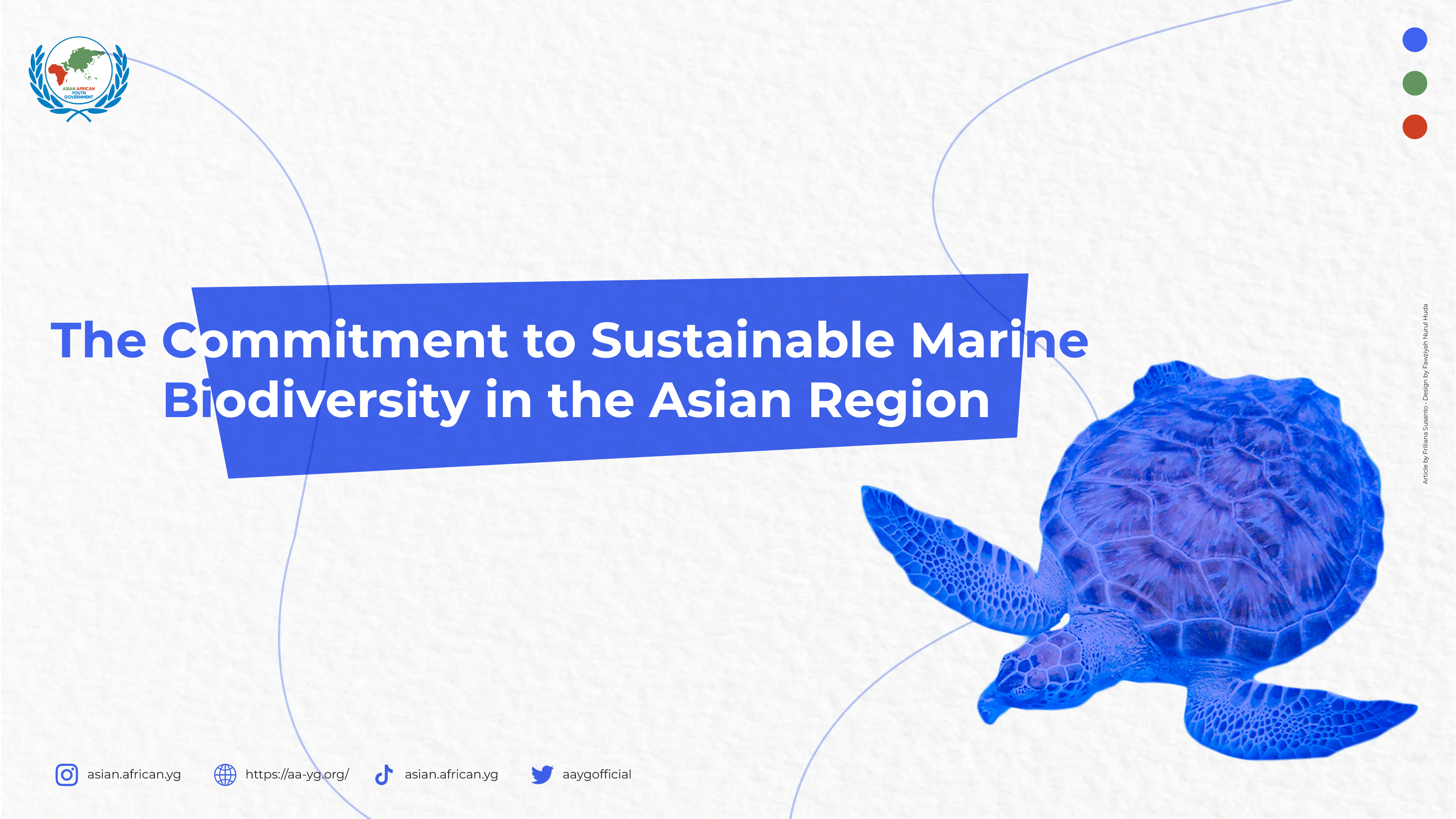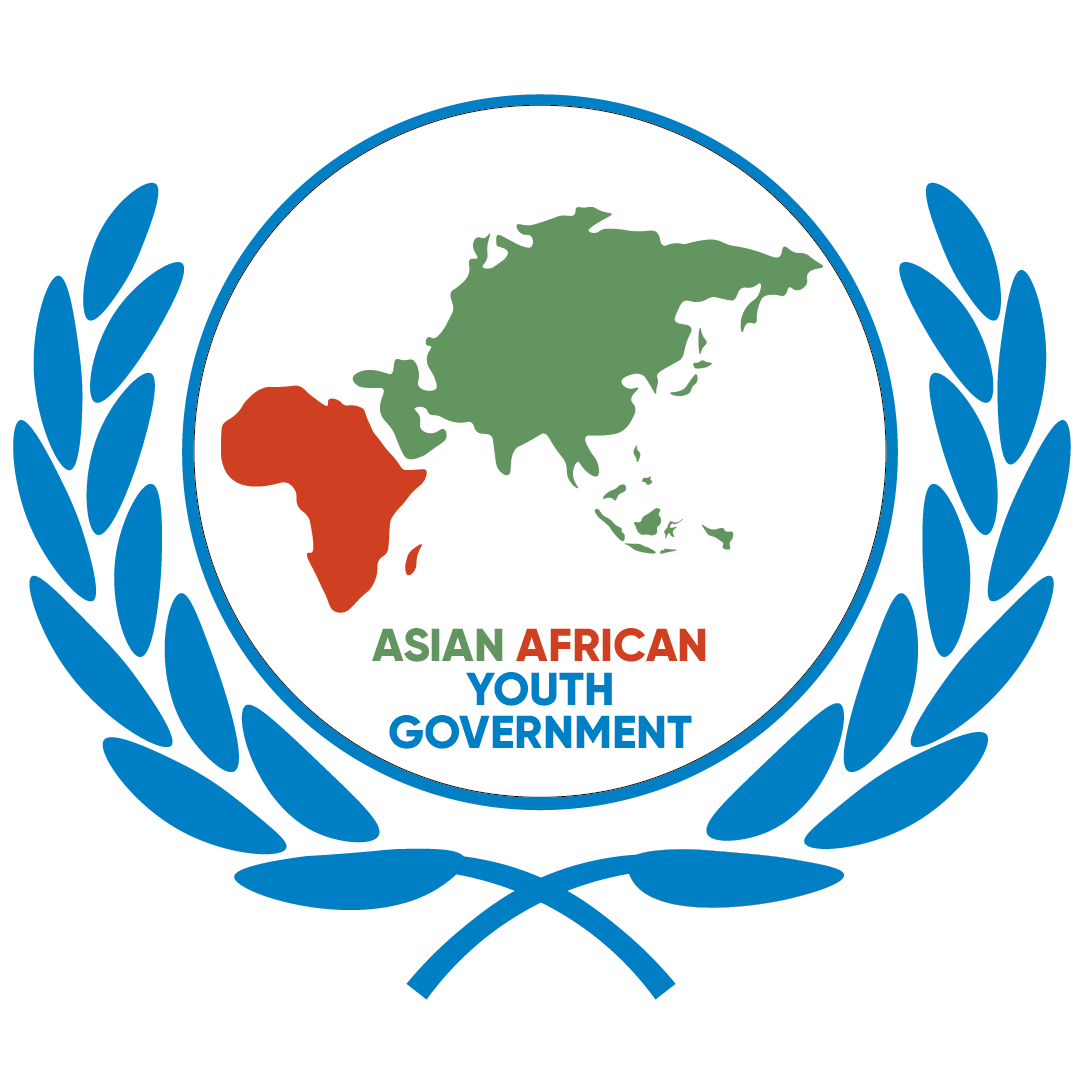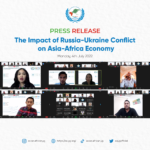
The Commitment to Sustainable Marine Biodiversity in the Asian Region
Oceans are extremely valuable for Asia and the Pacific, a region that consistently relies on them. Despite this, the region has taken the benefits of oceans for granted, which has contributed to their current very fragile health. Thus, in turn, creating a fragile condition to the biodiversity of the oceans themselves. But what is ocean or marine biodiversity? While there has been much research and findings on marine biodiversity, a study inputs marine biodiversity is understood as an amalgamation of interconnected components of an ecosystem,[1] encompassing all levels of biological organisation, ranging from species, and populations to the ecosystem, with each having structural and functional attributes. It puts it on the utmost importance as this implies that the Asia and the Pacific region has quite the pivot and is conditional on the subject of maritime biodiversity itself to ensure a sustainable economy for each of their own states.
Several efforts could be seen beforehand, in which in East Asia, eleven countries have renewed their commitment to reinforce green recovery and ocean governance at the virtual 7th East Asian Seas Ministerial Forum in December 2021, where the signatories’ countries are members of the Partnerships in Environmental Management for the Seas of East Asia (“PEMSEA”).[2] On the other hand, the East Asia Summit 2020 has produced a further commitment towards the marine sustainability, whereas there was a reaffirmation of prior commitments in regards to enhancing the cooperation in sustainable marine economic development, protecting and preserving the marine and coastal environment, including biodiversity, ecosystem and resources.[3] While also making the commitment to further protect and conserve the marine and coastal environment, including marine biodiversity, ecosystems and resources.[4] The summit also concludes with further encouragement of cooperation among East Asia Summit Participating countries and information sharing[5] in the areas of marine monitoring and observation with the support of the ASEAN Centre for Biodiversity alongside other partners.
Several key challenges remained at the state of progressive ending in the issue of marine biodiversity. One of which includes the lack of commitment and information-sharing. Where United Nations’ Economic and Social Commission for Asia and the Pacific (“ESCAP”) report in its 76th commission session, once cited that information sharing is a significant point to factor in gaining an understanding of how to manage oceans more sustainably,[6] along with the lack of available data. In addition, this lack of practical research and innovation based on high-quality data that can be translated into action, creates another subsidiary ancillary to the existing challenges. Progressive efforts might have been made and cooked by several Asian states’ to combat these problems, but if inaction and lesser commitment were to remain prevailing consequently the challenges will linger. States must continue this cooperation in a manner that is consistent and progressive with a regular inspection of its progress. The upcoming Indonesia’s G20 may have premises the guarantee on this particular discussion on the topic at the table, but if inaction were to remain the least minimum results could then be mostly expected at the end of the scenario.
Writer : Friliana Susanto (@freely.anna) – Writer AAYG Internship 1.0
Designer : Fawziyah Nurul Huda (@jiiiiyaaaa_) – Designer AAYG Internship 1.0
_____________________
[1] Sabine K.J. Chochrane, Jesper H. Andersen, Torsten Berg and Others, “What is Marine Biodiversity? Towards Common Concepts and Their Implications for Assessing Biodiversity Status” accessed in https://www.frontiersin.org/articles/10.3389/fmars.2016.00248/full.
[2] Southeast Asia Development Solutions, “Countries in East Asia Commit to Green Recovery and Healthy Oceans” accessed in https://seads.adb.org/news/countries-east-asia-commit-green-recovery-and-healthy-oceans.
[3] East Asia Summit Leader’s Statement on Marine Sustainability, Vietnam, 2020, p. 1.
[4] Ibid., p. 4.
[5] Ibid., p. 5.
[6] United Nations Economic and Social Commission for Asia and the Pacific, Changing Sails: Accelerating Regional Actions for Sustainable Oceans in Asia and the Pacific, (Bangkok: United Nations Publications, 2020), p. 6.





